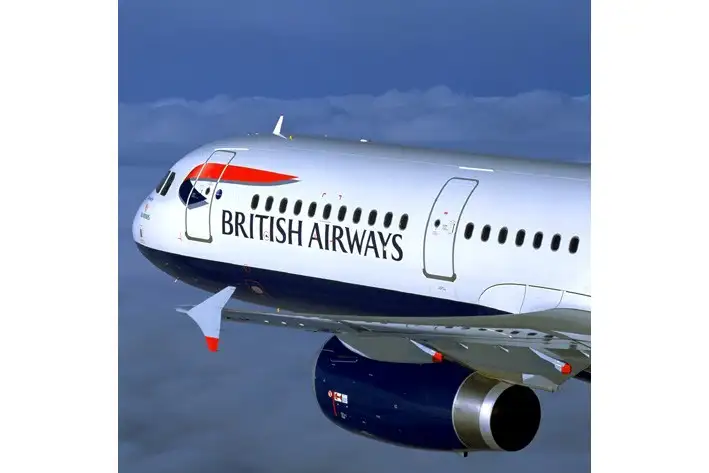
Jim writes, “I’ve noticed there’s a big discrepancy between carriers when it comes to the taxes and fees added on to a flight booked with miles. For a recent British Airways First Class ticket from San Francisco to London, the taxes and fees were around $300 per ticket after using miles … A few days ago I was researching a ticket for my son to go to Europe in June. I could use my United miles and pay $53 in taxes and fees for a multi-city trip for him, or transfer some American Express points into Aeroplan and get a better flight using Air Canada … However, the taxes and fees from Air Canada were $343. Why such a difference between United and Air Canada/Aeroplan for essentially the same flights?”
Of all the various taxes and fees imposed on airline tickets, for paid travel as well as on frequent flyer award tickets, the one that can potentially result in eye-popping total fees is fuel surcharges.
And with the price of oil back over $110 a barrel, those surcharges have been on the rise, prompting an outpouring of concern from consumers like yourself.
But not all airlines impose fuel surcharges. And the ones that do don’t always do a good job of disclosing the fees.
While there are exceptions, the general rule is that U.S. carriers do not impose fuel surcharges, and non-U.S. carriers do.
As an example, redeeming miles in British Airways’ Executive Club for a round-trip business-class award flight on that airline between Los Angeles and London in mid-June, the “taxes, fees, charges, and surcharges” would be as follows:
- Customs User Fee – $5.50
- Animal & Plant Health User Fee (Aphis) – $5.00
- Immigration User Fee – $7.00
- Passenger Civil Aviation Security Service Fee – $2.50
- Air Passenger Duty – $195.19
- Passenger Service Charge – $49.82
- Fuel Surcharge – $592.00
- Insurance and Security Surcharge – $16.00
The total: a jaw-dropping $873.01, 68 percent of which is that $592 fuel surcharge. (For comparison, a comparable award flight on American Airlines, using AAdvantage miles, would cost only $268.50 in fees, with no fuel surcharge.)
But that’s just British Airways. There’s no set amount or formula—the fuel surcharges vary from airline to airline. In some cases, they rise and fall with the market price of oil. In other cases not. Some carriers raise the surcharges as the flight distance increases. But some don’t. And some airlines charge more for first and business class than for coach. But there’s no consistency there either.
Often, the only way to find out how much you’d pay in fuel surcharges for a particular flight is to use the airline’s booking app, completing all the reservations steps until the fees are disclosed, typically toward the end of the process.
Do the fuel surcharges undermine the value of miles earned in the programs of British Airways, Lufthansa, All Nippon Airways, and other airlines that impose such fees for award flights? Absolutely. But there are work-arounds for members of those programs who prefer their awards relatively fee-free.
In British Airways’ program, for instance, members may use their miles for flights on multiple other airlines, including other carriers participating in the Oneworld global alliance (American, Cathay Pacific, Iberia, LAN, and so on). Redeeming British Airways miles for a round-trip American flight between New York and San Francisco, for example, would only incur a negligible $5.00 in taxes and fees. The fees for a round-trip flight to Buenos Aires from Los Angeles, combining American and LAN flights, would total a reasonable $64.00. (For some additional suggestions on getting the most value from British Airways miles, see this blog post.)
But such contrarian tactics do raise a question: If you’re getting better value redeeming miles for flights on partner airlines, maybe you’d be better off participating in the programs of those other carriers. That might have long-term as well as short-term benefits: If enough consumers turned away from programs with egregious fuel surcharges, perhaps the offending airlines would be forced to discontinue such nuisance fees.
This article originally appeared on FrequentFlier.com.
We hand-pick everything we recommend and select items through testing and reviews. Some products are sent to us free of charge with no incentive to offer a favorable review. We offer our unbiased opinions and do not accept compensation to review products. All items are in stock and prices are accurate at the time of publication. If you buy something through our links, we may earn a commission.
Related
Top Fares From
Today's Top Travel Deals
Brought to you by ShermansTravel
Porto to Lisbon: 7-Nt, Small-Group Portugal...
Indus Travels
 vacation
$1899+
vacation
$1899+
Greenland: Luxe, All-Incl. 11-Nt Exploration Small-Ship...
Swan Hellenic



Ohio: Daily Car Rentals from Cincinnati
85OFF.com





